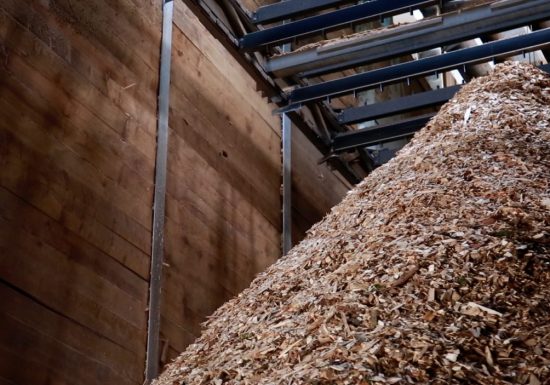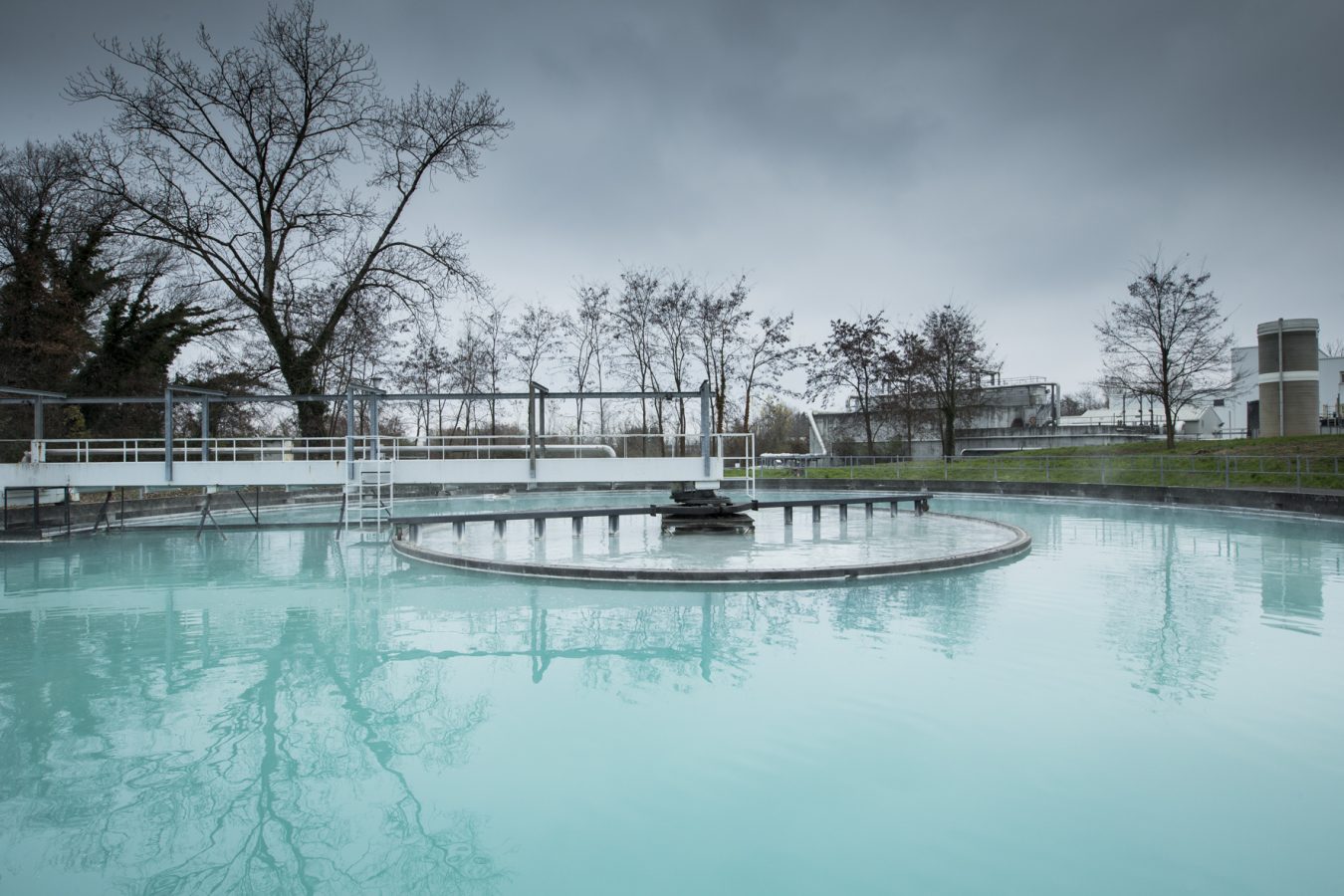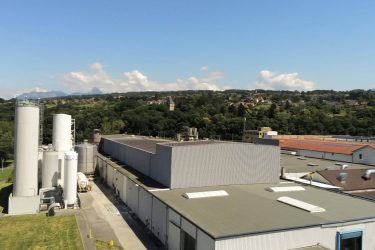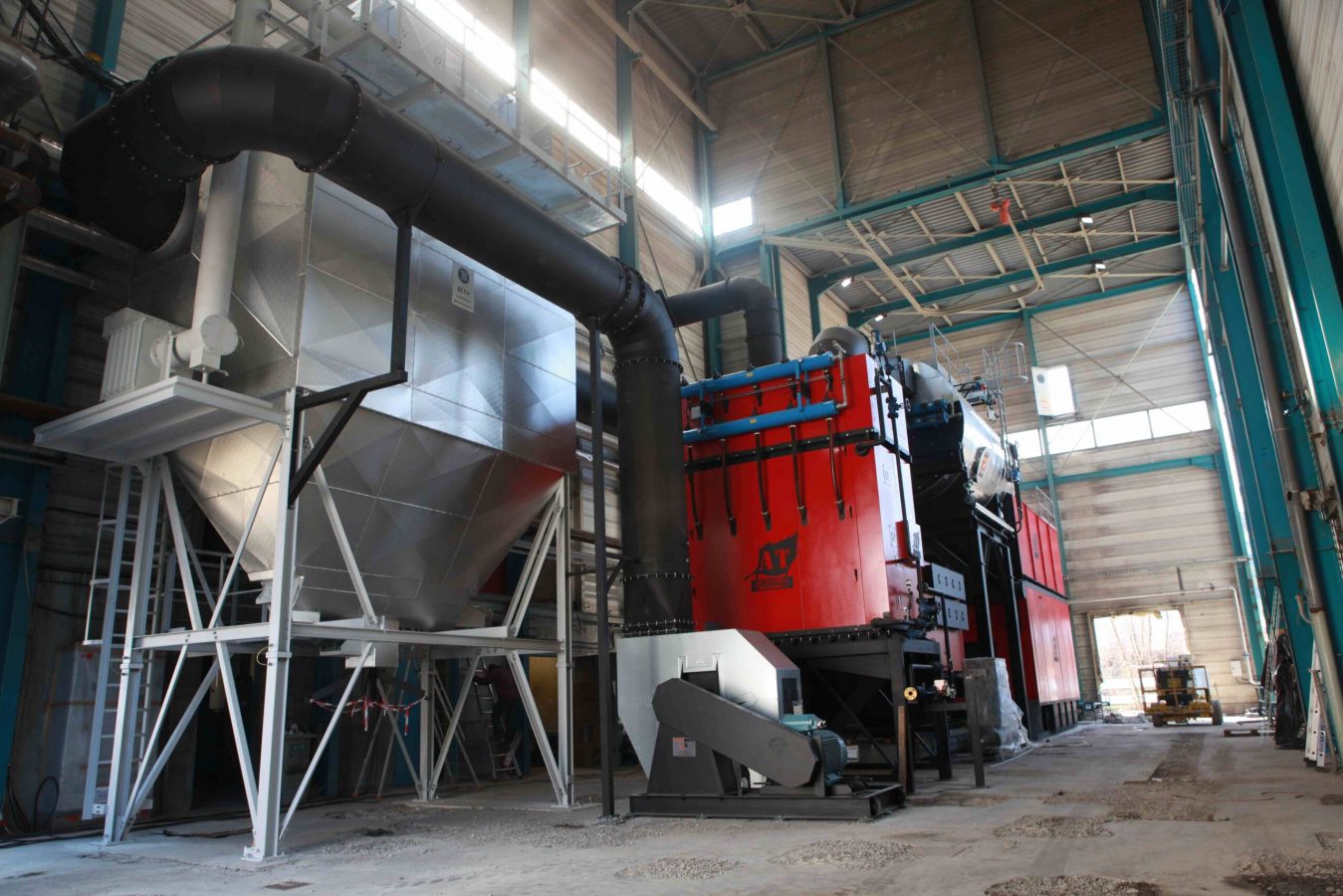Since 2004, PDL has been investing in reducing its environmental footprint and the environmental impact of its processes.
In order to ensure our manufacturing processes are ‘clean’, we are committed to:

PDL has installed a water treatment plant on site and has invested 7 million euros in a Wet Air Oxidation (WAO) system, which converts lignin into a valuable by-product instead of burning and emitting CO2.
More than 92% of pumped water is treated, then returned to surface water supplies.
Our Suspended Solids (SS) and Chemical Oxygen Demand (COD) emissions are 70% lower than required by local regulations and 98% of the waste we produce is recycled by approved facilities.


PDL has started gradually replacing titanium dioxide (which paper its whiteness and opacity) with Precipitated Calcium Carbonate (PCC) in their papers with higher grammages
than 34 g / m².
A PCC production facility has been installed at the site, with the aim of using PCC in all our paper ranges.
Unlike titanium dioxide, which is non-renewable resource and needs energy intensive extraction, PCC can be produced on demand in situ.
Its production process requires CO2, obtained through the precipitation of limewater purified with carbon dioxide, and is not energy-intensive.
Some parts of the paper manufacturing process, particularly the drying stage, require a huge
amount of steam.
PDL’s biomass boiler produces 50% of the site’s steam demands.
It has reduced our CO2 emissions by 11,500 tonnes per year, therefore helping to reduce
global warming, which is partly caused by the production and transmission of CO2.
